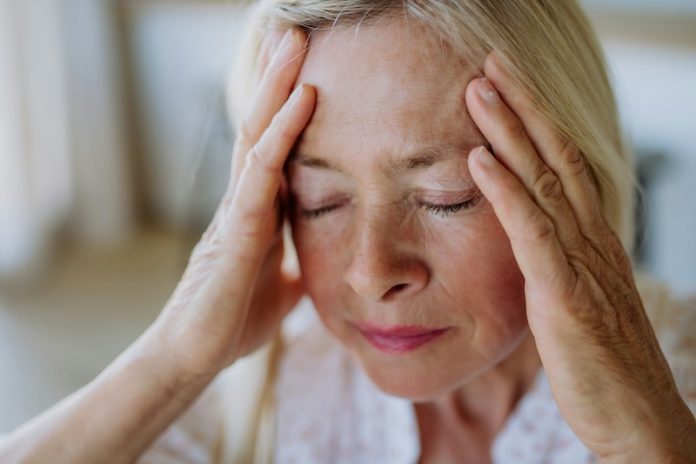
Scientists at the University of Pittsburgh have found an important link between how tired older adults feel and their chances of dying within a few years.
This major study shows that older people who get really tired after activities are more likely to die within the next 2.7 years compared to those who are less tired.
Before, research said that being more active could help reduce tiredness. But this is the first study to connect feeling very tired after physical activity with a higher risk of dying earlier.
The team used a special tool called the Pittsburgh Fatigability Scale, created by the University of Pittsburgh in 2014. This scale, which is now used worldwide in 11 languages, was key to their research.
They worked with 2,906 people, all 60 or older, from the Long-Life Family Study.
These participants rated on a scale from 0 to 5 how tired they thought they’d feel after doing different activities, like a 30-minute walk, light housework, or harder tasks like heavy gardening.
After considering other factors that could affect how long people live, the researchers noticed a clear pattern.
Those who scored 25 or more on the Pittsburgh Fatigability Scale were 2.3 times more likely to die in the next 2.7 years than those who scored less than 25.
This means feeling very tired is a strong sign of the risk of dying sooner in older adults.
The results of the study show how important it is to understand and keep track of how tired older adults feel. It also shows how useful the Pittsburgh Fatigability Scale is for health workers and researchers.
This study adds to our understanding of staying healthy as we get older. It goes along with other research that says having healthy habits, like eating right and staying active, is key to avoiding diseases and living longer.
In short, this research tells us that feeling tired in older age can be more than just a passing thing – it can tell us about a person’s overall health and how long they might live.
Paying attention to and dealing with tiredness could be crucial in improving health for older people.
Published in The Journals of Gerontology: Series A, this study by Nancy W Glynn and her team offers new insights into how tiredness, health, and lifespan are connected. It gives us a new way to think about aging and health.
If you care about wellness, please read studies about how ultra-processed foods and red meat influence your longevity, and why seafood may boost healthy aging.
For more information about wellness, please see recent studies that olive oil may help you live longer, and vitamin D could help lower the risk of autoimmune diseases.
Copyright © 2024 Knowridge Science Report. All rights reserved.



